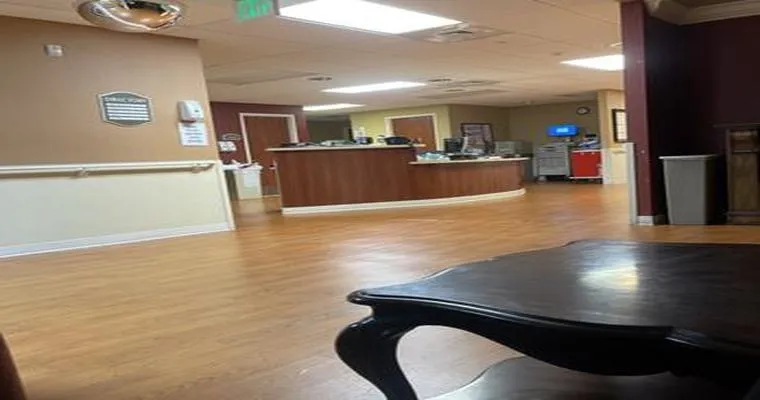Caring for someone can be a fulfilling yet challenging experience, especially when that person experiences moments of confusion or paranoia. If the individual you are taking care of "flips out" and believes that you are trying to "harm" them, it can be distressing for both of you. Understanding how to handle such situations is crucial for maintaining a safe environment and providing effective care. Here are some strategies to help you navigate these difficult moments.
Stay Calm and Composed
When someone you are caring for becomes agitated or fearful, your immediate response is vital. Staying "calm" and composed can help de-escalate the situation. Take a deep breath and maintain a steady voice. Avoid raising your voice or showing signs of frustration, as this may further alarm the person. Your calm demeanor can provide a sense of safety and reassurance.
Use Reassuring Language
Communicate clearly and reassuringly. Use "simple language" and explain who you are and what you are doing. Phrases like "I am here to help you" or "You are safe with me" can help to alleviate fears. It’s essential to validate their feelings without dismissing them. Acknowledge their fear and let them know that you understand they are upset.
Create a Safe Environment
If the person is feeling threatened, ensure that the environment is as safe and comfortable as possible. Remove any potential hazards or objects that could be perceived as weapons. A familiar setting can also help soothe anxiety. If possible, guide them to a quiet space where they can feel secure.
Listen Actively
Active listening is a powerful tool in caregiving. Allow the individual to express their fears without interruption. Sometimes, simply having someone listen can help diffuse intense emotions. Pay attention to their words, and show empathy towards their concerns. This connection can foster trust, making them feel less threatened by your presence.
Establish Trust Over Time
Building a rapport with the person you are caring for is essential for preventing misunderstandings in the future. Spend time getting to know them, their likes, and dislikes, and their personal history. Establishing trust can reduce anxiety and paranoia over time. Regular interactions can help them feel more comfortable and less likely to perceive you as a threat.
Seek Professional Help
If episodes of paranoia or aggression become frequent, it may be necessary to seek professional help. Consult with healthcare providers or a mental health professional who specializes in the individual's condition. They can offer strategies tailored to the specific needs of the person you are caring for. Medication adjustments or therapy might be beneficial in managing their anxiety or paranoia.
Know When to Step Back
Sometimes, despite your best efforts, the situation may escalate beyond your control. Recognizing when to step back is important for your safety and the safety of the individual. If they become physically aggressive or if you feel threatened, it may be necessary to remove yourself from the situation and call for help. Having a plan in place can ensure that you are prepared for such moments.
Conclusion
Caring for someone who believes you are trying to harm them can be incredibly challenging and emotionally taxing. By staying calm, using reassuring language, creating a safe environment, actively listening, establishing trust, seeking professional help, and knowing when to step back, you can navigate these difficult situations more effectively. Remember, your well-being is also important, and seeking support for yourself is equally essential in this caregiving journey.





